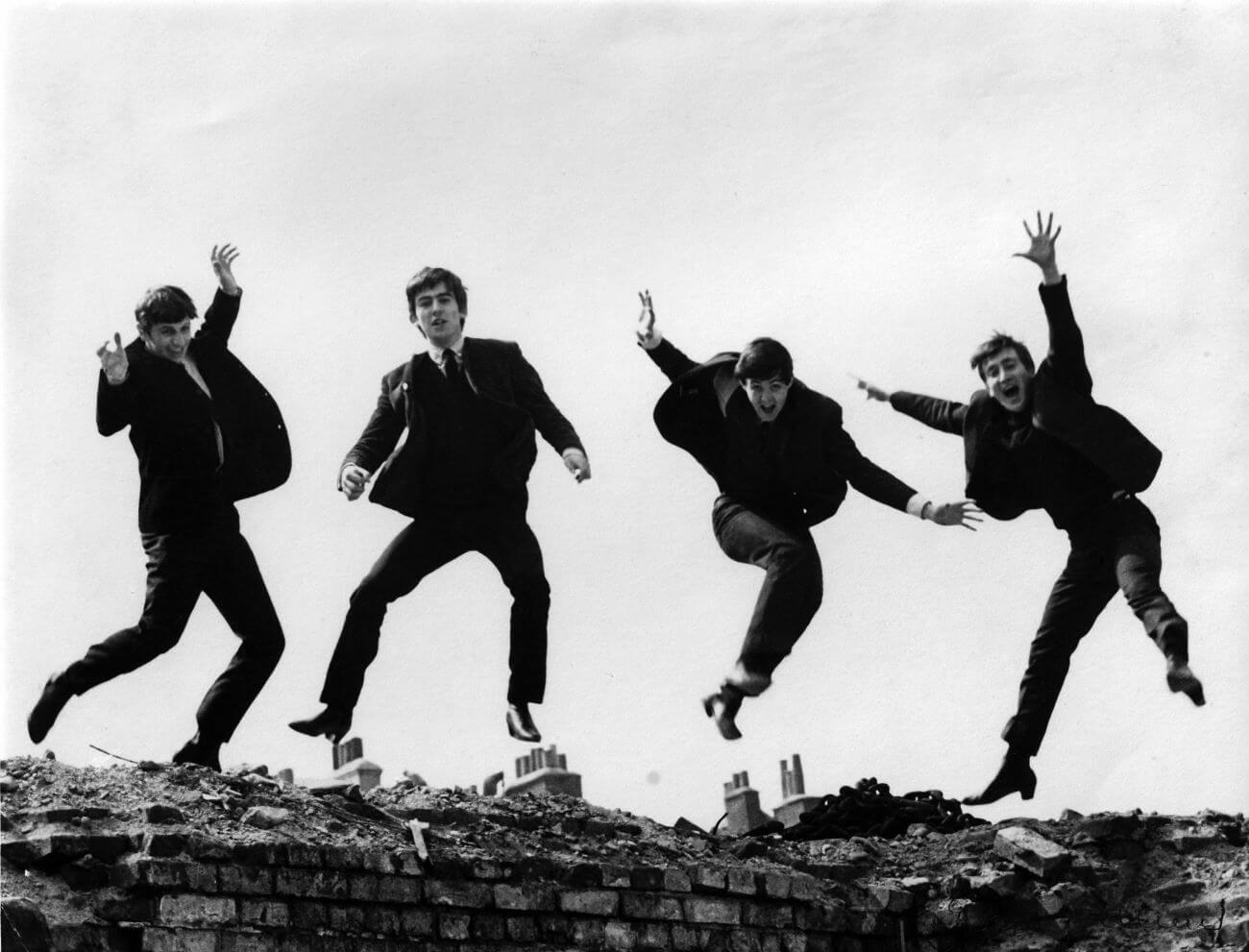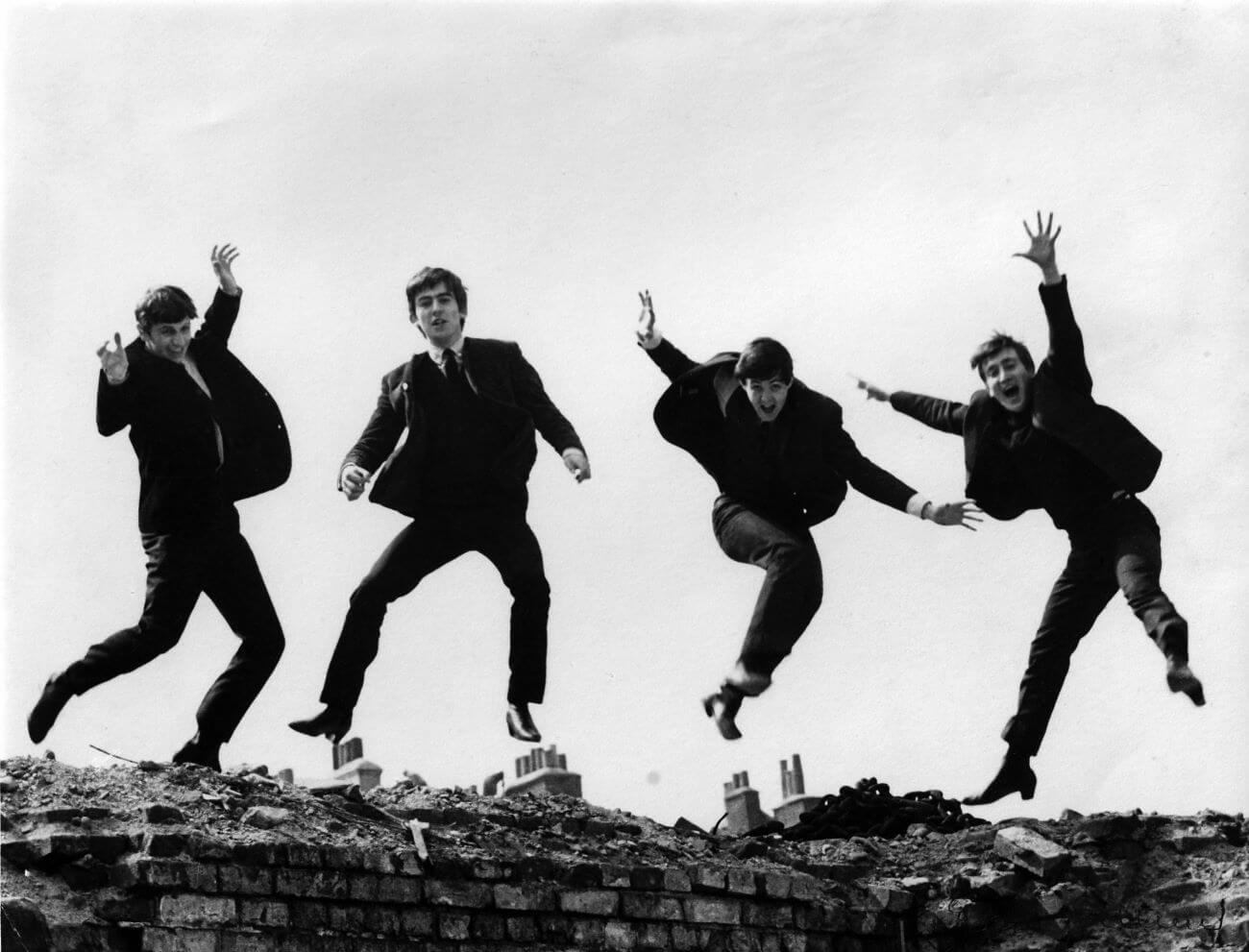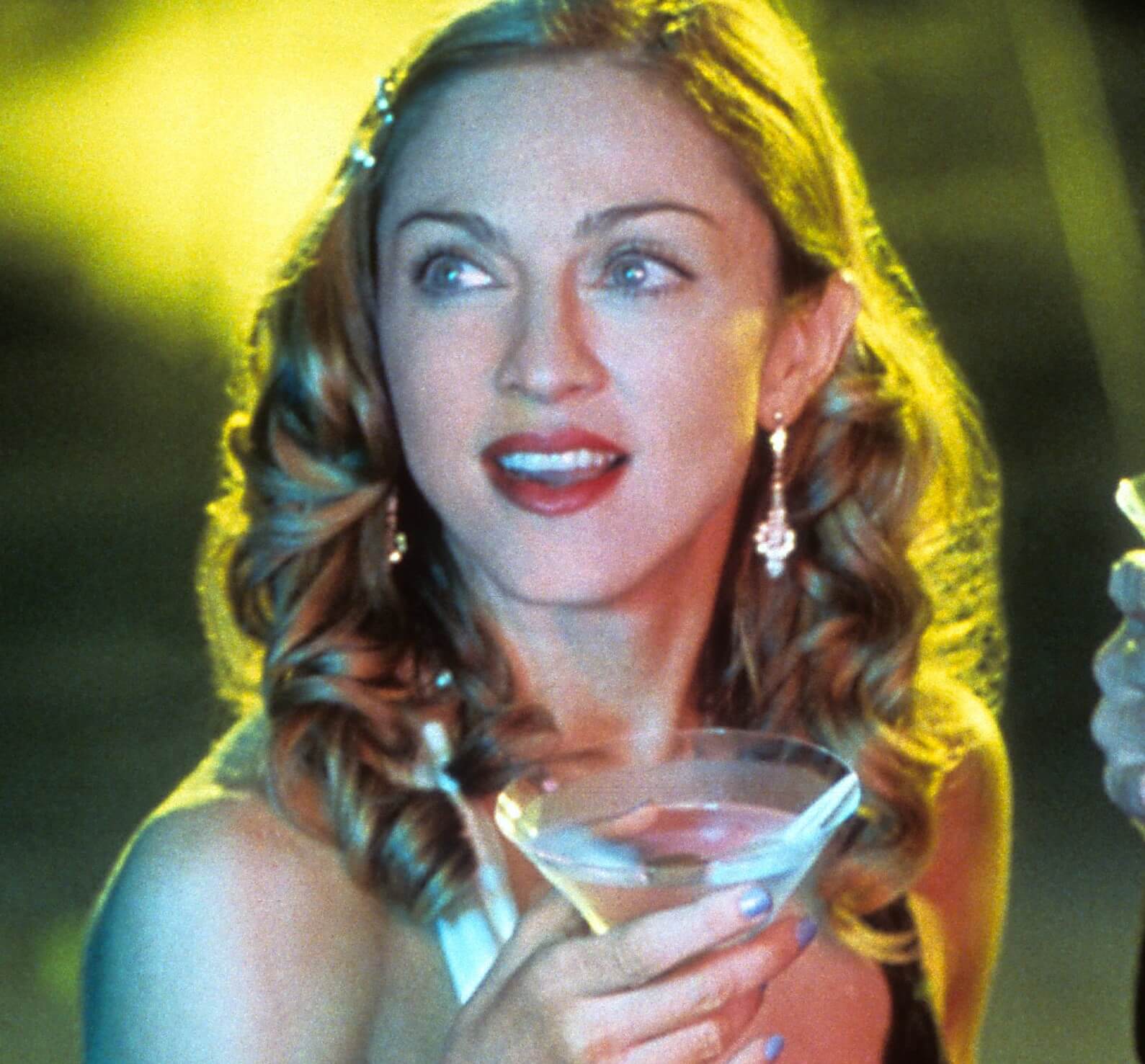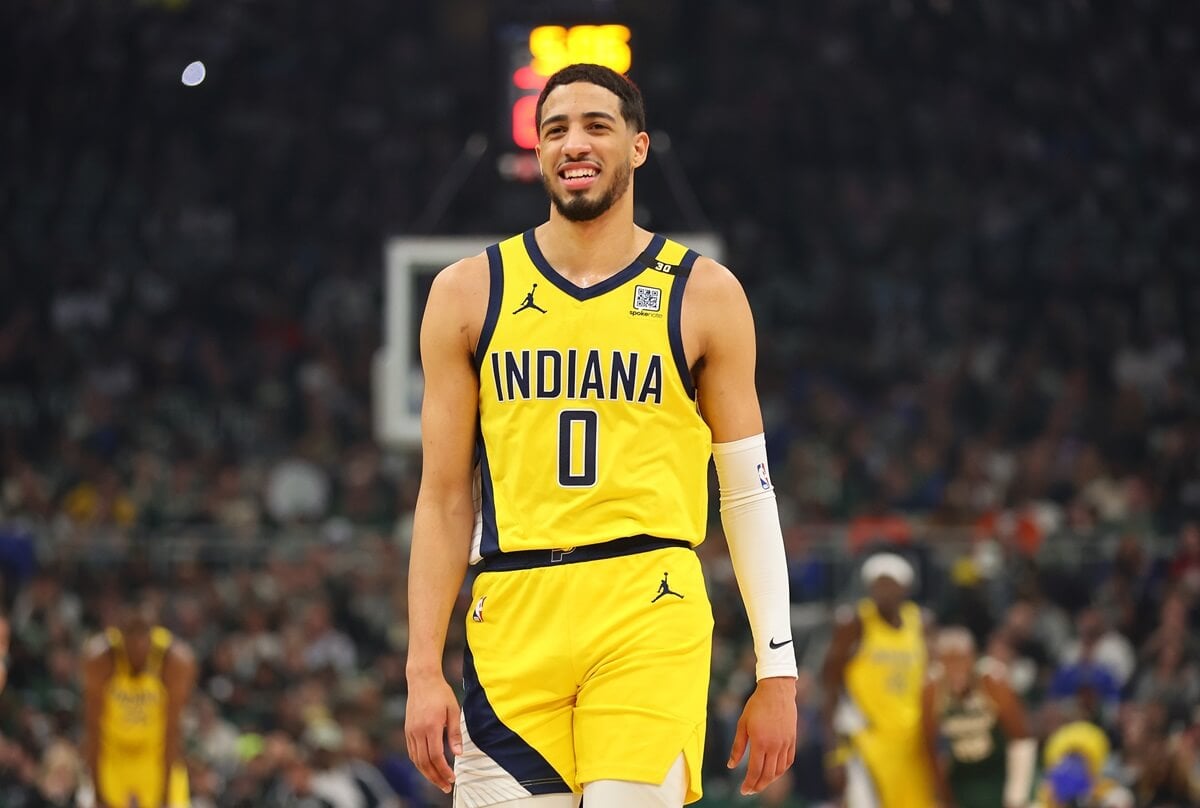
Were The Beatles Actually Friends?
One is nearly certain to find The Beatles on the list of bands who worked well despite interpersonal dysfunction. When the band broke up, the former bandmates made their feelings toward one another clear. They spoke about each other negatively in the press, dealt with a very public lawsuit, and wrote pointed songs about one another. It’s easy to look at The Beatles and assume that, outside of their early years as a band, they did not like each other. The truth is far more complicated than that, though.

The Beatles were better friends than people might think
Soon after The Beatles broke up, Michael Lindsay-Hogg released the documentary Let It Be. For many viewers, the documentary captured the band on the precipice of a split; they bicker, condescend, and seem generally unhappy to be around each other.
This has been the prevailing narrative surrounding The Beatles: while they created some of the most influential music of the 20th century, they simply did not like each other. This wasn’t actually the case, though.
They did bicker while they were together, George Harrison did grow tired of Paul McCartney and John Lennon’s condescension, and they did engage in media warfare after they announced their split. Even at their lowest points, though, the band had a hard time letting go of the love they held for one another.
“I’ll never forgive them, I don’t care what f***in’ s*** about Hare Krishna and God and Paul with his ‘Well, I’ve changed me mind,’” Lennon told Rolling Stone, referring to Harrison and McCartney’s treatment of Yoko Ono. “I can’t forgive ’em for that, really. Although I can’t help still loving them either.”
This sums up their relationship neatly. They survived a highly chaotic decade together; the pressures of fame and success wore them down. They fought, but they didn’t let go of the familial love they had for each other. Even Harrison, who was frustrated enough to say he would never work with McCartney again, relented. In 1980, McCartney appeared on his album Somewhere in England.
The former members of The Beatles fought, but they still liked each other. They remained linked together long after the band broke up.
Why did The Beatles fall out?
When The Beatles broke up, trouble had been brewing among the band members for some time. Ono’s constant presence in the studio baffled them, Harrison grew tired of Lennon and McCartney undervaluing him, and they were all, to varying degrees, ready to move on.
One of the biggest reasons they broke up had to do with their management, though. After longtime manager Brian Epstein’s death, the band hired Allen Klein. All but McCartney supported his appointment; he would have preferred his father-in-law, Lee Eastman. The band began arguing over business affairs, and when they broke up, McCartney sued them.
The lawsuit led to a public airing of grievances, but Lennon, Harrison, and Ringo Starr ultimately realized McCartney had been right to distrust Klein. They fired him in 1973.
“There are many reasons why we finally gave him the push, although I don’t want to go into the details of it,” Lennon said, per The Beatles Diaries Volume 2: After the Breakup. “Let’s say possibly Paul’s suspicions were right … and the time was right.”
Are Paul McCartney and Ringo Starr still friends?
McCartney and Starr are the two surviving members of The Beatles, and they remain friends to this day. Due to their schedules, they can’t see each other too often, but they remain in contact.
“We don’t hang out with each other a lot,” Starr said, per Express. “But if we’re in the same country, and if we’re in the same town we always have dinner, and we say hi or he comes over here or I go over to his house.”
McCartney said they sometimes bicker to this day, but he considers Starr his family.
“It’s family,” McCartney told Rolling Stone. “Sometimes we get pissed off at each other. I’ll want something from him and he won’t give it to me, and I’ll get pissed off. But then it passes. Brothers fight sometimes. There’s this revisionist history that it was all John and Paul. But it was four corners of a square; it wouldn’t have worked without one of the sides. Ringo was the right angle.”


